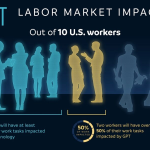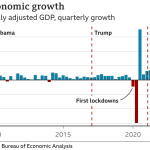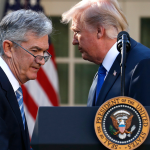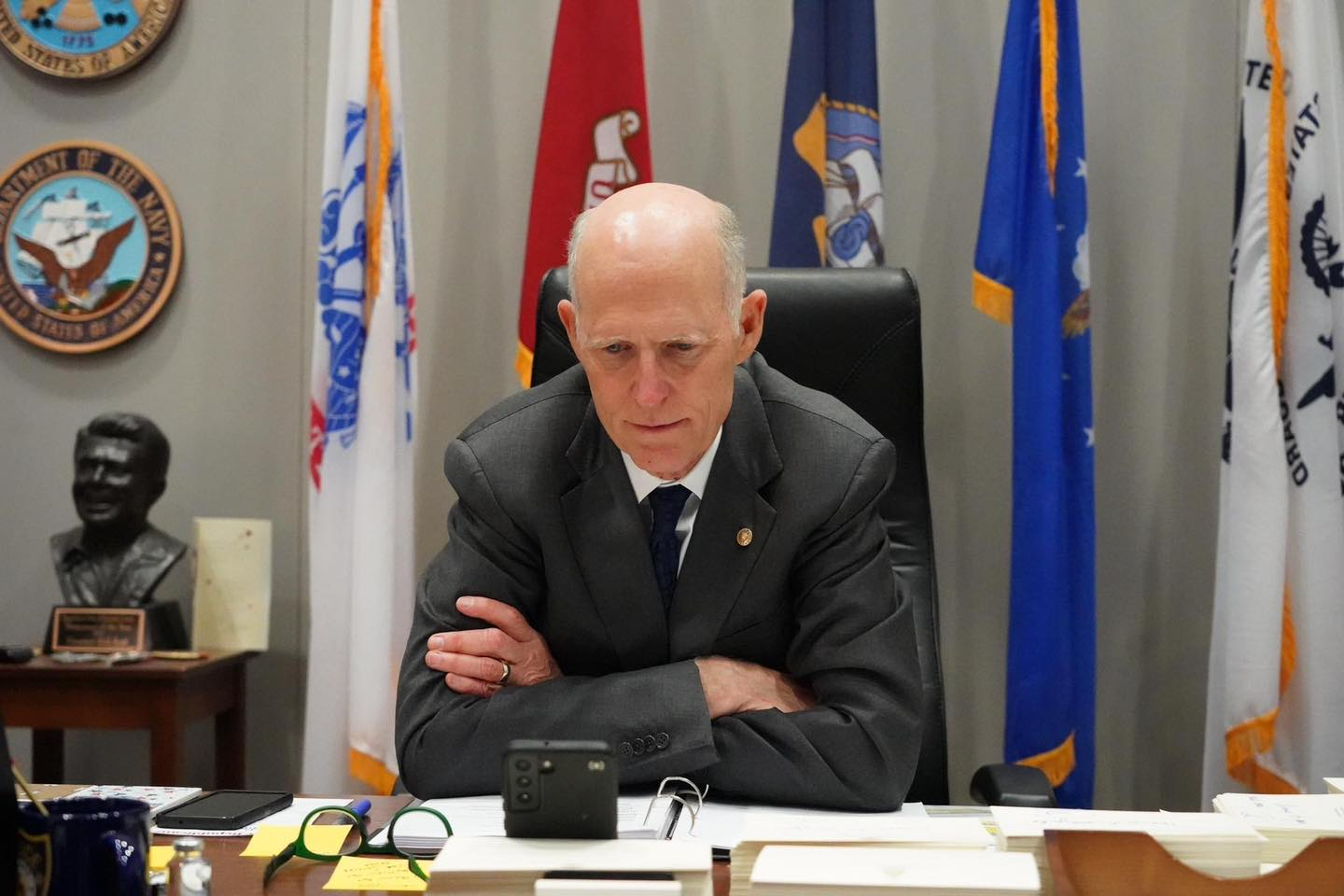In the ongoing discourse surrounding U.S. trade dynamics, Rick Scott tariffs have emerged as a focal point for discussions on economic strategy and national competitiveness. Proposed under the Trump administration’s aggressive trade framework, these tariffs aim to support American workers and press foreign markets—especially China—to lower their own trade barriers. Scott, a persistent advocate for the American workforce, believes that reducing tariff-related obstacles will enable U.S. businesses to thrive in the global marketplace. However, criticisms point to potential adverse effects, such as economic downturns and stock market volatility, raising questions about the overall economic impact of tariffs. As the landscape shifts towards tariffs with high stakes set for 2025, understanding these policies becomes crucial for navigating the complex interplay of U.S. economic resilience and international trade relations.
Exploring the trade strategies of U.S. policymakers reveals a significant emphasis on imposing tariffs as a tool for economic advantage, particularly evident in the context of Rick Scott’s approach to this issue. These protective trade measures are being utilized to bolster U.S. manufacturing and labor while challenging rival economies, notably due to changing geopolitical tensions with nations like China. With the anticipated economic repercussions leading into 2025, discussions around tariffs serve as benchmarks for evaluating trade policies in light of the Trump era’s overarching economic philosophy. This discourse highlights the intricate balance between protecting domestic interests and fostering healthy international trade relations. As the nation grapples with its trade policies, the implications for U.S. workers and the broader economic landscape remain a topic of intense scrutiny.
Rick Scott’s Vision for U.S. Tariffs
Senator Rick Scott has consistently voiced his support for tariffs as a mechanism to protect and empower American workers. He believes that the imposition of tariffs, particularly those set by the Trump administration, serves to equalize trade between the United States and other nations, compelling them to reduce their own trade barriers. Scott argues that American workers have been at a disadvantage for too long and these tariffs are the first step in leveling the playing field, supporting domestic production and encouraging U.S. companies to thrive in competitive global markets.
By enforcing a stringent tariff regime, Scott posits that he can drive down the tariffs imposed by other nations, particularly China, which he deems a significant threat to U.S. economic interests. His stance aligns with a larger Republican view that sees tariffs not merely as an economic tool, but also as a strategic move in international relations, aimed at both addressing trade imbalances and fostering a stronger, self-sufficient economy in the long run.
Frequently Asked Questions
How do Rick Scott tariffs aim to benefit U.S. workers?
Rick Scott argues that the tariffs implemented during the Trump administration are designed to level the playing field for U.S. workers. By imposing these tariffs, Scott believes American producers will be less disadvantaged compared to foreign competitors, particularly those from countries with significant trade barriers, ultimately aiming to stimulate sales for U.S. goods.
What is the economic impact of Rick Scott tariffs on global trade?
The economic impact of Rick Scott tariffs has been significant, leading to volatility in global stock markets and contributing to a contraction in the U.S. GDP. Scott defends these tariffs as necessary to encourage other nations to reduce their own tariffs, thereby promoting a more favorable environment for American products in international markets.
What is Rick Scott’s stance on U.S. tariffs and China trade policy?
Senator Rick Scott is critical of China’s trade practices and believes aggressive U.S. tariffs are needed to combat China’s economic influence. He advocates for minimal trade with China and sees the tariffs as a strategic move to protect U.S. interests and ensure that American workers are not disadvantaged.
How does Rick Scott perceive Trump’s tariff strategy?
Rick Scott fully supports Trump’s tariff strategy, viewing it as a means to empower American workers and rectify trade deficits. Scott believes that tariffs will not only pressure other nations to lower their own tariffs but also help U.S. manufacturers thrive in the competitive global market.
Are Rick Scott tariffs likely to cause inflation?
Rick Scott has expressed uncertainty about the direct impact of tariffs on inflation. He emphasizes that controlling inflation may be more dependent on balancing the federal budget than on tariffs alone. However, he acknowledges that the economic effects of the tariffs are still unfolding.
| Key Points | Details |
|---|---|
| Rick Scott’s Argument | Tariffs will help level the playing field for U.S. workers and are part of a broader strategy to encourage other nations to lower their own tariffs. |
| Support for Tariffs | Scott defends Trump’s tariff approach as a way to enhance American workers’ opportunities to sell more products internationally. |
| Impact of Tariffs | The government imposed tariffs at a rate of 10% on most nations and 145% on China, causing volatility in global markets and economic concerns. |
| Concerns about China | Scott views China as a significant threat, advocating for no trade until China’s economy is weakened. |
| Economic Outlook | Scott expresses uncertainty about how tariffs will affect inflation and suggests balancing the budget to control it. |
| Counterarguments | Economists like Jason Furman argue that tariffs could ultimately harm the U.S. economy. |
Summary
The discussion surrounding Rick Scott tariffs highlights his strong belief in the efficacy of tariffs as a tool to benefit U.S. workers while addressing international trade disparities. Scott contends that by implementing significant tariffs, notably against China, the United States can protect and empower its workforce. However, this approach has garnered criticism from economists who fear that such trade policies could lead to economic downturns and inflation. Ultimately, the current tariff strategy raises important questions about the future of U.S. trade relations and economic health.









